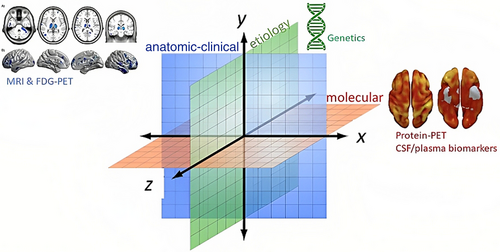Epilepsy is one of the most complex neurological disorders whose study requires a broad knowledge of neurology and neuroscience. It comprises a diverse group of neurological disorders that share the central feature of spontaneous recurrent seizures, and are often accompanied by cognitive deficits and mood disorder. This condition is one of the most common neurological disorders. Until recently, alterations of neuronal activities had been the focus of epilepsy research. This neurocentric emphasis did not address issues that arise in more complex models of epileptogenesis. An important factor in epilepsy that is not regulated directly by neurons is inflammation and the immune response of the brain. Recent evidence obtained in rodent epilepsy models supports the role of immune responses in the initiation and maintenance of epilepsy. Recognition of exogenous pathogens by the innate immune system is mediated by some pattern recognition receptors such as Toll-like receptors leading to cell activation and cytokine production. Currently, these receptors have been the focus of epilepsy studies looking to determine whether the innate immune activation is neuroprotective or neurotoxic for the brain. Here, we present the evidence in the literature of the involvement of key innate immune receptors in the development of epilepsy. We address some of the contradictory findings in these studies and also mention possible avenues for research into epilepsy treatments that target these receptors.
Reference: CNS & neurological disorders drug targets 16 · July 2017

